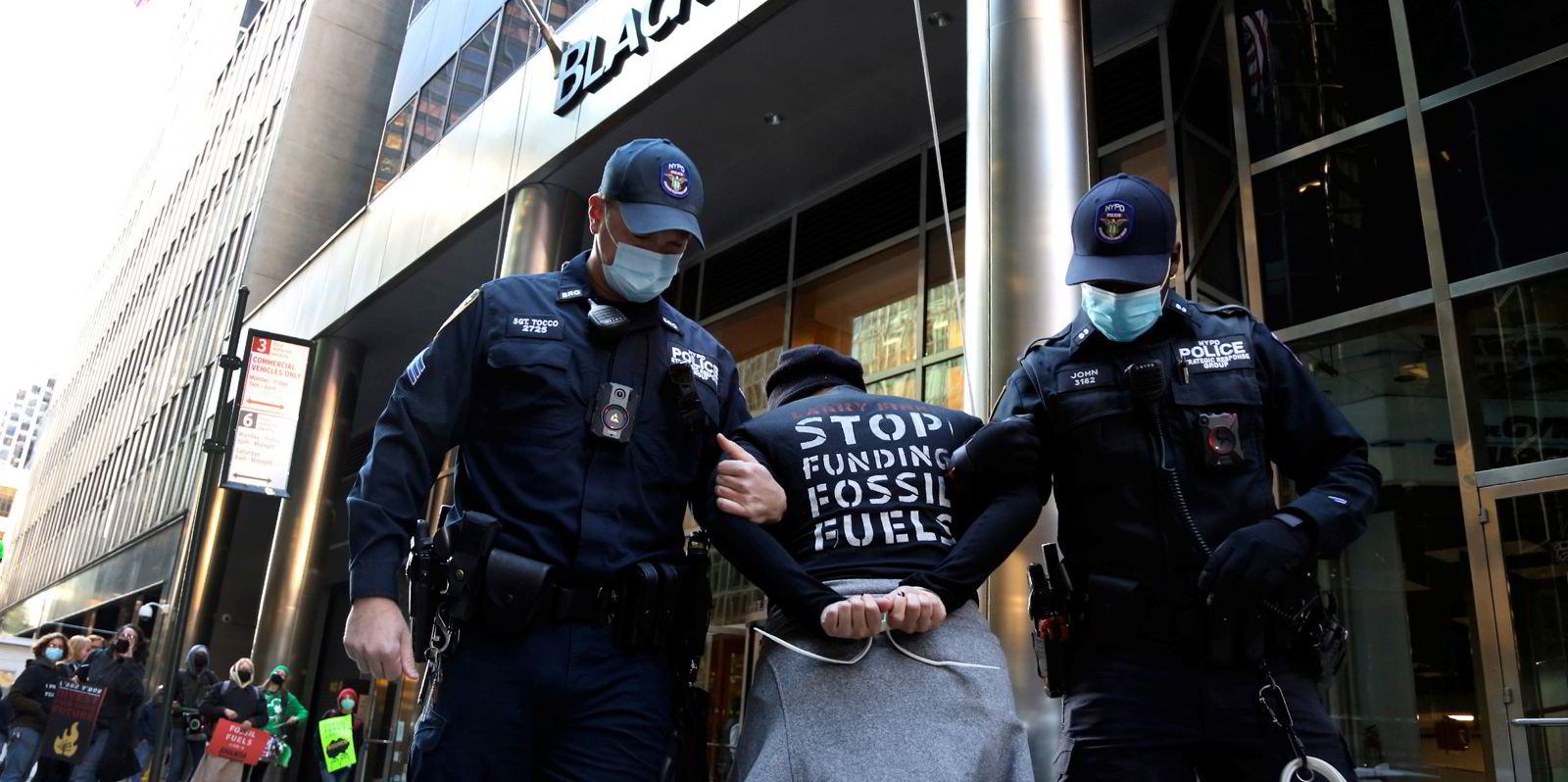Between evolving regulations, fluctuating market demands and a plethora of risks ranging from the physical to geopolitical, operators in the maritime transportation industry — with their extensive supply chains — are increasingly caught between a rock and several hard places: regulatory and legal, market expectation and reputation, operational disruption, and financial.
Implementing a supply chain due diligence programme is essential to prepare for upcoming regulations, meet market expectations, mitigate operational disruption and improve access to capital.
Hard Place 1: Regulatory and legal
The thematic focus on supply chains in upcoming European regulation means it’s not just European companies that need to pay attention. As essential components in these supply chains, those in the maritime sector can expect to be put under the spotlight.
The looming regulations that are expected to exert the most impact are the Corporate Sustainability Reporting Directive (CSRD), enforced from 2024, and the Corporate Sustainability Due Diligence and amending Directive (CSDDD), expected to be enforced from 2026.
The CSRD is focused on disclosure, making it mandatory for companies to detail what supply chain due diligence is being undertaken. This is set to leave many in the maritime sector with very little of substance to report.

The CSDDD will make mandatory the establishment of supply chain due diligence programmes. Companies will be required to identify and manage negative human rights and environmental impacts associated with the activities of their direct operations, subsidiaries, and those throughout their value chain.
Given the complexity and scale of the demands ahead, those companies based in Europe, or those forming part of European supply chains, need to start preparing now.
Hard Place 2: Market expectation and reputation
Formalised through the inception of various industry initiatives — such as the Sea Cargo Charter and the Poseidon Principles — contract allocation and access to capital has never been more conditional on a company’s reputation and alignment with market expectations concerning environmental, social and governance (ESG) issues.
Unfortunately, the social aspects of ESG are lagging. Grand declarations in annual reports around social commitments appear shallow and hypocritical in the absence of a rigorous supply chain due diligence programme. Stakeholders might legitimately ask, “What good is your supplier code of conduct if you don’t know whether suppliers are adhering to it?”
Demonstrably engaging with suppliers on serious issues needs to be a priority for any company that wants to maintain its reputation of integrity and transparency.
Hard Place 3: Operational disruption
Ensuring the reliable provision of goods and services from upstream suppliers is crucial in the successful functioning of any business. High-risk suppliers are a threat to this reliability. By properly investigating direct suppliers and beyond, a company can mitigate their risk of operational disruption by engaging with suppliers or exploring alternatives.
Companies engaging proactively with suppliers will gain a competitive advantage over their peers that have less control over potential operational disruptions.
Hard Place 4: Financial
Characterised by the increased issuance of financial products such as green bonds and sustainability-linked loans, the shift towards sustainable investing is set to continue with the introduction of the green asset ratio. This requires European investors to disclose the portion of their portfolios that are European Union taxonomy-aligned. The establishment of a supply chain due diligence programme will ensure a company complies with the minimum safeguards required to be taxonomy-aligned, thus improving access to capital.
Companies able to clearly demonstrate strong supply chain due diligence and visibility will always stand out as better investment opportunities.
These pressures present a daunting challenge, which is why the first steps need to be taken now. By starting to build supply chain due diligence systems now, firms will be well positioned to meet the regulatory requirements and market expectations. Those that continue to kick the can down the road risk facing unconquerable challenges later when regulations become more stringent.
So where to start? What business areas should be in focus? How deep into our supply chain do we go and what do we do when we get there?
These questions may be tricky, but they do have answers. Considering the significant opportunities and risks presented, can you justify not answering them?
Jacob Brown is a senior consultant at ITI Network,
the dedicated ESG arm of MTI Network
Do you have an opinion to share?
Email: news@tradewindsnews.com



